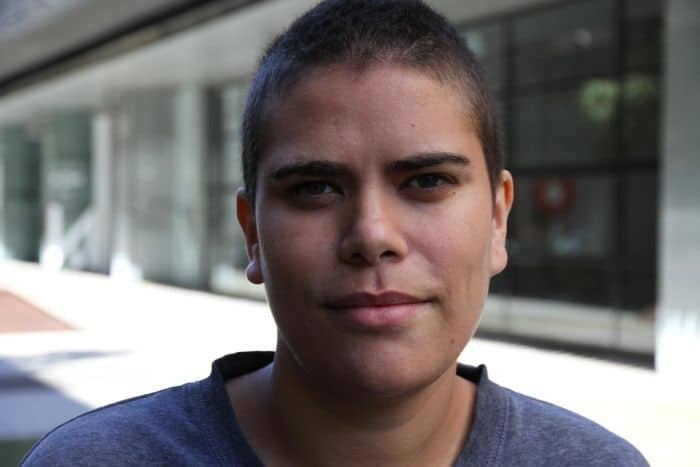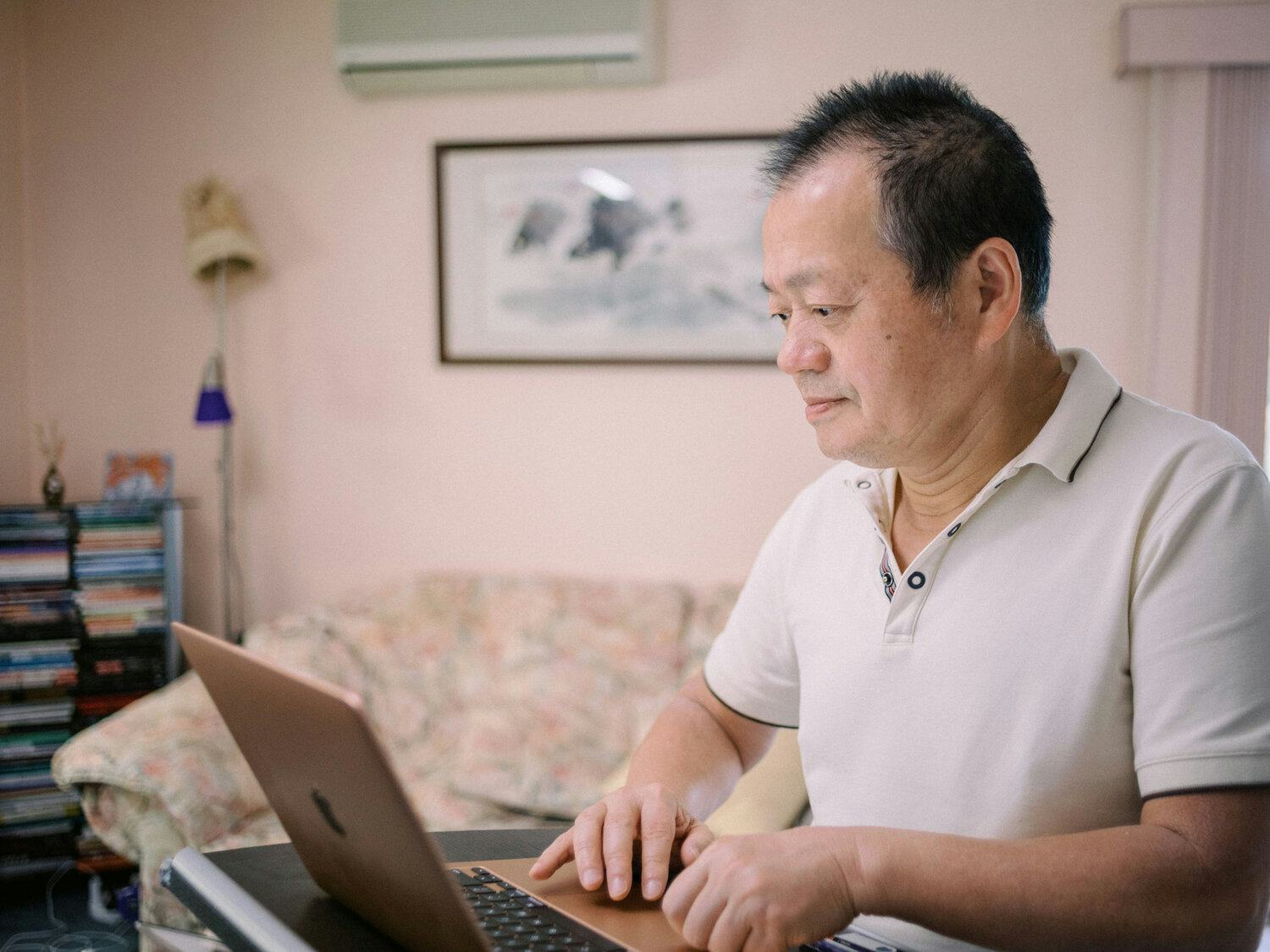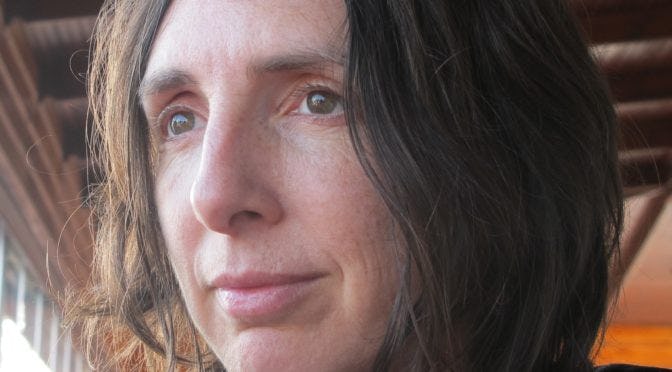In Dialogue
Tiffany Tsao • 22 October 2021
We’re back! (Don’t worry. We won’t say this every week.) This issue is an exercise in pairings. How does comparative reading deepen or enliven our understanding of a subject? How does what we read take on new resonance when we place it in dialogue with other reading matter? For instance, how might different histories shape the way we as individuals respond to the Covid-19 vaccine?
In a piece for IndigenousX, Nayuka Gorrie details the medical and scientific violence enacted historically on Black and Indigenous bodies, and how this influenced their own decision to get the vaccine. Writing for Guardian Australia, Meg Keneally describes the precariousness of surviving childhood in Australia prior to widespread inoculation against diseases like polio, diphtheria, and smallpox. Both writers ask their readers to make informed and nuanced decisions about vaccination while bearing the past in mind.
Our second pairing brings two conversations with Australian authors together: an interview with the prolific writer, scholar, and translator Ouyang Yu, conducted by Terri Ann Quan Sing for Liminal magazine, and an interview with fiction-writer Jen Craig, conducted by Dustin Illingworth for his Substack newsletter Obstructive Fictions. Shared themes include failure, excrement, and writing in the absence of response.
Our final pair is contained in a single piece: a recent letter from the editor of Running Dog on past letters left hanging. The interlocutors are Naomi Riddle and the readers – to whom she ultimately never writes.

Why vaccination presents an ethical dilemma for us, but remains the best way to keep our families safe
Nayuka Gorrie, IndigenousX, October 2021
‘Our bodies, in death, were and still are not seen as ours – we were free or cheap labour, sexual property, a specimen for experimentation and/or control by the medical industry. Throughout the so-called ‘Western world’, Black and Indigenous bodies have borne the brunt of medical advancement.’

‘No concept of how awful it was’: the forgotten world of pre-vaccine childhood in Australia
Meg Keneally, Guardian Australia, August 2021
‘“He had a bracket above his head that textbooks could be slid into, and I remember him studying Hamlet,” Keneally says. “His mother was always there, turning pages and changing books, and that’s how he studied.” Some time later, he learned the boy had died when a power cut rendered his iron lung useless.‘

Interview with Ouyang Yu
Terri Ann Quan Sing, Liminal, May 2021
'And I have since been doing a number of new self-initiated projects, like the book-destruction project. I can only tell you this much. All these, in the end, are failure projects. A poet is born to fail, after all, so it’s quite fitting that he does all that.'
'No but I hardly feel part of the literary and artistic community that is called Australia. I write, I live in this country, I send stuff out, I get rejected and I hardly get invited to any events, literary or artistic. But that doesn’t stop me from writing. As for whose taste matters, I’d say no one’s taste matters to me. I once said that reading Ouyang Yu is an acquired taste and that’s what it is. If you don’t like what I write, well and fine. I don’t care. I create my own taste. I cater to no one’s taste.'

Interview with Jen Craig
Dustin Illingworth, Obstructive Fictions, August 2021
'The moment I give into this temptation to utter this knowledge out loud to anybody else, I will generally see, from how it plays out, that what I have just produced for these people is just a fragile, rickety, laughable thing — like I’ve just put a few sticks together and called it a house.'
'Of course, this means that a monologue has the potential to be so much more dialogic than a conventional dialogue, and the whole of a work so much more multiple than any taxonomic inventory, because nothing approached through the determinedly focused voice of a monologue can ever be seen entirely, nothing can be wholly known. Which is exactly how my life feels.'
On 18 Letters I’ll Never Finish
Naomi Riddle, Running Dog, August 2021
'A letter outlining an argument. On the one side, I need to read it because I need to understand, and on the other, You don’t need to read it to know where you should be directing your gaze.
If I stare at this letter long enough a solution will reveal itself.
Disclaimer: a solution has not revealed itself.'
We couldn’t help but notice that all six finalists for the 2021 Mark & Evette Moran Nib Literary Award happen to be works of non-fiction. Voting for the People’s Choice Prize closes on Monday 25 October, so if you have a particular favourite, you should weigh in!
If you write or run an open-access newsletter featuring pieces in our non-fiction purview (i.e. essays, interviews, reviews, non-fiction poetry, features), feel free to subscribe us to your mailing list using our email address: editor@thecircular.com.au.